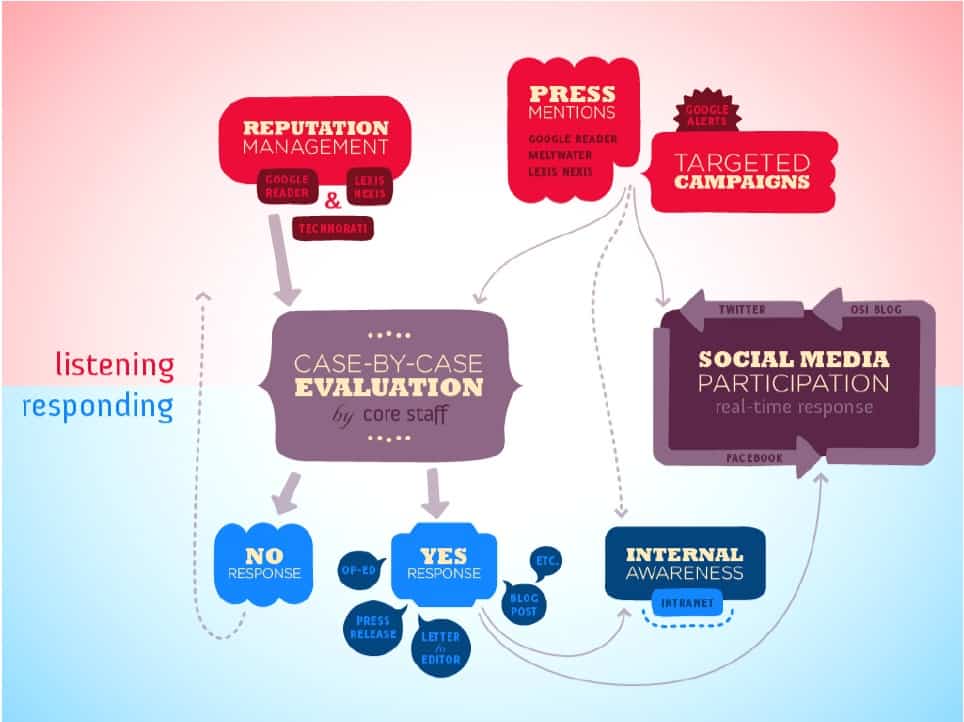We don’t listen enough. We tweet. We post. We like. We share. We recommend. We promote. We rave. We rant. O’ how we rant! Sometimes we’ll watch and occasionally we’ll even read, but usually we’re reading only as an excuse to react. We’re often just watching as a prelude to another personal proclamation of approval or condemnation. We don’t listen enough.
Connected we may be, but attentive we are not. This is not good.
It being an election year was a convenient excuse, but I find that we’re yelling at each other pretty consistently these days; if it’s not politics it’s something else. Silence is a precious commodity. And good listeners? Those are hard to find.
Let me speak for myself. I’ve really enjoyed writing for The Jesuit Post. It’s a good gig. It’s not a well paying gig (a.k.a. totally voluntary) but I’m vowed to poverty so that’s alright. We’re also vowed to obedience so there’ll be no writers’ strike here. As much as I love writing for TJP I’m often nervous and conflicted about adding my voice to the sea of voices already out there. What should be said that isn’t already being said?
Perhaps I should be asking myself another question: What should be heard? Or, better yet, who?
Good writing is the result of deep listening. I think this is true for all of my Jesuit brothers who write for this site. Our best pieces are pieces of witness. Our best moments are when we draw attention to the reality of God in the world, noticing the nuances of other people’s lives and not endlessly ranting about the peculiarities of our own.
Finding God in our own life is wonderful, but even more sacred are the moments when we find it in someone else’s, when we discover that the indwelling God that we know so intimately in the depths of our own soul is alive and well in the heart of someone other than ourselves. This is how finding God and falling in love are related: both concern the quality of our attention.
These days it’s easy to give your opinion. It’s easy (and important) to cast your vote. It’s easy to express your thoughts on a subject. But it’s not always easy to give your attention. It’s a little more complicated to give your concern. And it’s downright saintly to give someone else’s experience, insight, or wisdom the benefit of the doubt.
If God is indeed in all things, in all people, then we’d be well served to listen to them, to presume the good in who they are and where their interests lie. This is challenging; attention literally stretches us (at + tension). What a gift that is to give–the gift of our attention. What would it look like not merely to connect with someone (even a punch to the nose ‘connects’) but to stretch ourselves toward them by being attentive to who they are and what they want to say?
The Church these days is abuzz about a so-called “new evangelization.” I have a suggestion for what might make it ‘new.’ What if our evangelization was rooted in attention and not proclamation? What if this new evangelization were dialogic and involved conversion on both ends of a creative tension? What if we ran out to meet our long lost sons and daughters, brothers and sisters, with open arms instead of standing sternly, arms folded, and ready to scold? What if this were mutual? Wouldn’t that be lovely? Wouldn’t that be love itself?
If God is love and if love is what we’re called to reverence with devotion then we should be first and foremost attentive. A lover who doesn’t listen isn’t a lover at all. And we don’t listen enough.
Why do I write? How should I write? What should I write about? Good writing is an act of love. The best writers are first of all lovers. If we Jesuits are to be good writers it’ll be true for the same reason that we’re sought after as spiritual directors; it’s because we’re trained in the art of paying attention. All the writing, teaching, preaching is for naught if we fail first to listen.
This is what I want to be. This is what I hope to do. This is why I write now — in order that I might listen here.




